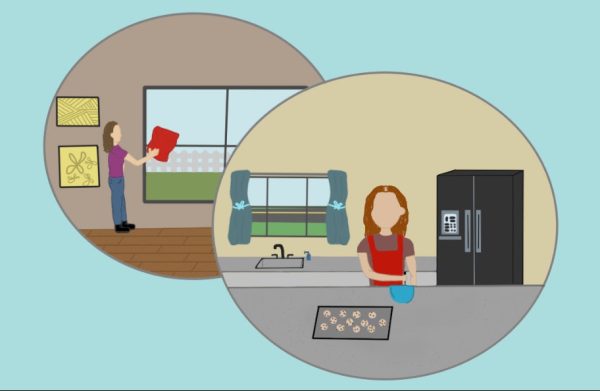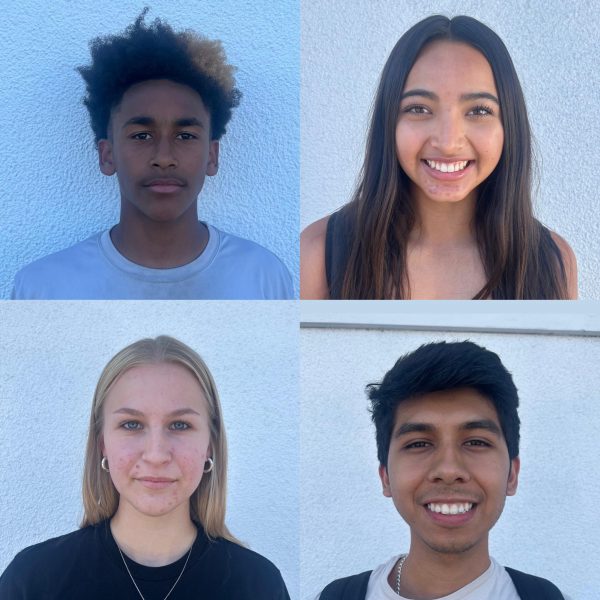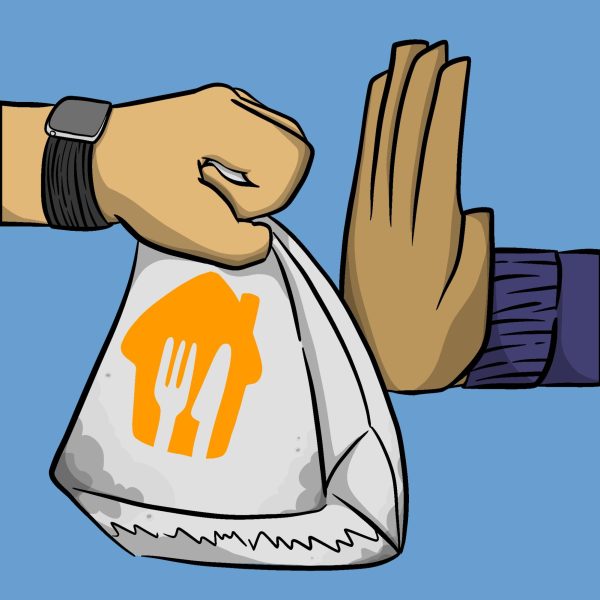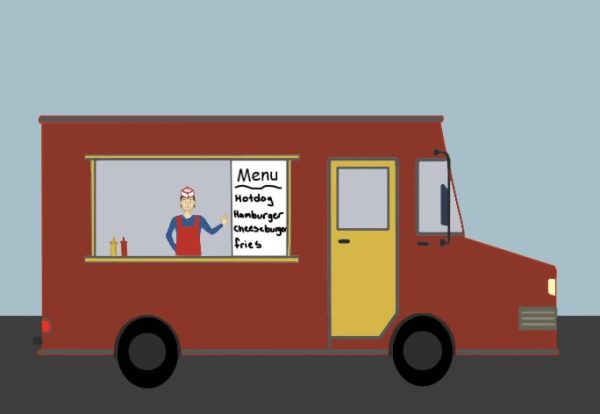Opening New Doors
Life skills courses allow for more success
If there is one thing high schools lack, it is the availability of life skill courses. What used to be accessible to high schools all over the United States as an elective is now vanishing from more and more high schools each year including our own Bonita Vista High School.
Personally, with courses, ranging from home economics to culinary class not offered at Bonita, I feel disadvantaged since I will require many of these skills when an adult. I’ve yet to learn how to do taxes, make investments, or how to deal with car and health insurance. I find all of these important and don’t want to rely on my parents for help all the time when I am away. Sure, I can take individual courses to learn about life skills during college, but the heavy burdens and responsibilities by then, such as car insurance and working hours makes it an illogical decision. These are subjects that should be taken before adulthood, but not too far from it, to give us a foundational basis to prepare us for the next stage of life.
Although high schools do teach many valuable skills in the subjects of math, science, English, and history, which gives students an idea of what they would like to do for their future occupation, the academic curriculum lacks other necessary skills that students will be challenged with, once on their own. These are essential skills which are required to use in life, but are not taught enough. Such skills would be financial responsibilities and investments, home repair and homeowner responsibilities, car repair, healthcare, types of insurance, cooking and social skills.
According to data from the Florida Community College System (FCCS) Student Database and the State University System (SUS) Student Data Course Files, from 1999 to 2004, it shows that students who took and successfully completed a Student Life Skills (SLS) course were more academically successful than students who did not take an SLS course.
In the study, the data shows that 58 percent of students who took life skill classes and completed it, compared to 41 percent of students who did not, were more academically successful over a five year period. Looking more closely at the results, they revealed that 38 percent of students taking the course were still enrolled in the school after five years compared to 24 percent of students who were not taking the course. In addition, 29 percent of students in the course earned awards compared to 22 percent not taking the course.
Another study from Sante Fe College reports the graduation rates of the students over a five year period, from 2008 to 2013. For students who did not take SLS classes, which was a total of 1,166 students, only 374 or 32.08 percent of them graduated. When compared to 703 students who took one SLS class, 290 or 41.25 percent of them graduated. For those who took two or more SLS classes, 266 students total, 146 or 54.89 percent of them graduated.
The information is clear, those who are enrolled in the life skill classes end up more academically successful compared to those that do not take such courses, seeing how these courses allow for students to focus more on academics and priorities instead of being preoccupied or stressed on miscellaneous things in their life. For example, instead of worrying about how to find a job and how to manage their budget properly throughout college, they are able to focus on their assignments, projects, and spend their additional time on other required classes to foster a less rigorous academic experience. Leading to an overall more successful life with priorities in order and less struggle with real world problems.
These courses are not entirely absent from every high school, though, those that do have it, have benefited a lot more than the schools who do not have these classes. One example of this is in AP News article in which Natalie Brandon of Concordia Lutheran High School, who claimed that the class prepared her to dress for an interview and gave her job-hunting advice. The course at the high school falls under “family and consumer sciences”, which allows students to “explore culinary arts and hospitality, nutrition, child development, fashion design, interior design, and human and social services, among other topics.”
In addition, the class appeals to students because many have not learned the basic skills they will need once on their own, like “the importance of saving, managing their own budget, reading financial statements, or negotiating contracts.” The class offered at Concordia teaches students about social skills, financial literacy, goal setting, time management, menu planning, nutrition and common scams.
Another student, a senior named Mamed Ramazanli, claimed that he enrolled because he thought the class would be a tremendous help, and it has been. He goes on to detail that budgeting lessons provided a valuable perspective on how he spends his money.
If brought to Bonita, it would show promising results because not many students have learned about managing their money and being financially independent of their parents, me included.
Yet in a national survey from a 2014 article published in the Journal of Family and Consumer Sciences, “Enrollment in family and consumer sciences classes has declined since the 2002-03 academic year when 5.5 million students took such courses.” For the year of 2010 to 2012, the “enrollment averaged just under 3.5 million.” This is a decrease of over 38 percent in over a decade, and the reason being is because of the lack of teacher preparation programs for academic discipline, low enrollment in the remaining programs, along with budget reductions.
Despite the decline in classes throughout the United States over the period of a decade, for the schools that do still have these classes, studies have demonstrated positive results of what these classes offer to their students.
Now is the time for BVH to take this precedent and apply it, and offer life-skill courses to the future of our working-force.
Whether or not these courses make a prominent uprising in schools again is up to the Board of Education of each state, but looking at the benefits that they offer, there is no reason why they should not, especially at BVH.
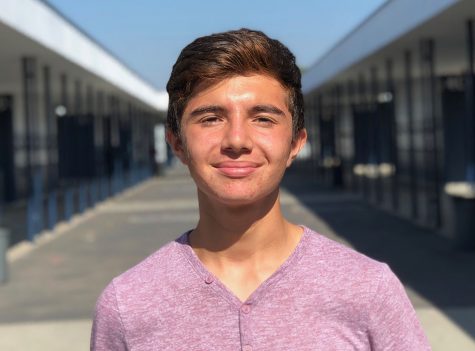
I am a junior, an athlete and journalist at Bonita Vista High school. One of the many fundamental rights I think any community is entitled to, is being...



